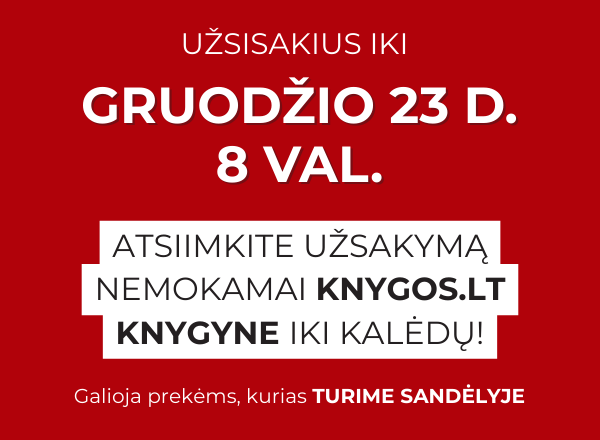- Išsiųsime per 12–18 d.d.
- Autorius: Anthony Rimmington
- Leidėjas: Springer International Publishing
- Metai: 2022
- Puslapiai: 260
- ISBN-10: 3030738450
- ISBN-13: 9783030738457
- Formatas: 14.8 x 21 x 1.5 cm, minkšti viršeliai
- Kalba: Anglų
- Extra -15 % nuolaida šiai knygai su kodu: ENG15
The Soviet Union's Agricultural Biowarfare Programme (el. knyga) (skaityta knyga) | knygos.lt
Atsiliepimai
Aprašymas
This book focuses upon the secret agricultural biological warfare programme codenamed Ekologiya – which was pursued by the Soviet Union from 1958 through to the collapse of the USSR in 1991. It was the largest offensive agricultural biowarfare project the world has ever seen and Soviet anti-crop and anti-livestock weapons had the capability to inflict enormous damage on Western agriculture. Beginning in the early 1970s, there was a new focus within the Soviet agricultural biowarfare programme on molecular biology and the development of genetically modified agents. A key characteristic of the Ekologiya project was the creation of mobilization production facilities. These ostensibly civil manufacturing plants incorporated capacity for production of biowarfare agents in wartime emergency. During the 1990s-2000s, the counter-proliferation efforts undertaken by the US and UK played a major role in preventing the transfer of Ekologiya scientists, technologies and pathogens to Iran and other countries of potential proliferation concern.
Anthony Rimmington is a former Senior Research Fellow at Birmingham University’s Centre for Russian, European and Eurasian Studies, UK. He has published widely on the civil life sciences sector in the post-Soviet states and on the Soviet Union’s offensive biological warfare programme, including Stalin’s Secret Weapon: The Origins of Soviet Biological Warfare .
EXTRA 15 % nuolaida su kodu: ENG15
Akcija baigiasi už 6d.19:47:27
Nuolaidos kodas galioja perkant nuo 5 €. Nuolaidos nesumuojamos.

- Autorius: Anthony Rimmington
- Leidėjas: Springer International Publishing
- Metai: 2022
- Puslapiai: 260
- ISBN-10: 3030738450
- ISBN-13: 9783030738457
- Formatas: 14.8 x 21 x 1.5 cm, minkšti viršeliai
- Kalba: Anglų
This book focuses upon the secret agricultural biological warfare programme codenamed Ekologiya – which was pursued by the Soviet Union from 1958 through to the collapse of the USSR in 1991. It was the largest offensive agricultural biowarfare project the world has ever seen and Soviet anti-crop and anti-livestock weapons had the capability to inflict enormous damage on Western agriculture. Beginning in the early 1970s, there was a new focus within the Soviet agricultural biowarfare programme on molecular biology and the development of genetically modified agents. A key characteristic of the Ekologiya project was the creation of mobilization production facilities. These ostensibly civil manufacturing plants incorporated capacity for production of biowarfare agents in wartime emergency. During the 1990s-2000s, the counter-proliferation efforts undertaken by the US and UK played a major role in preventing the transfer of Ekologiya scientists, technologies and pathogens to Iran and other countries of potential proliferation concern.
Anthony Rimmington is a former Senior Research Fellow at Birmingham University’s Centre for Russian, European and Eurasian Studies, UK. He has published widely on the civil life sciences sector in the post-Soviet states and on the Soviet Union’s offensive biological warfare programme, including Stalin’s Secret Weapon: The Origins of Soviet Biological Warfare .




Atsiliepimai